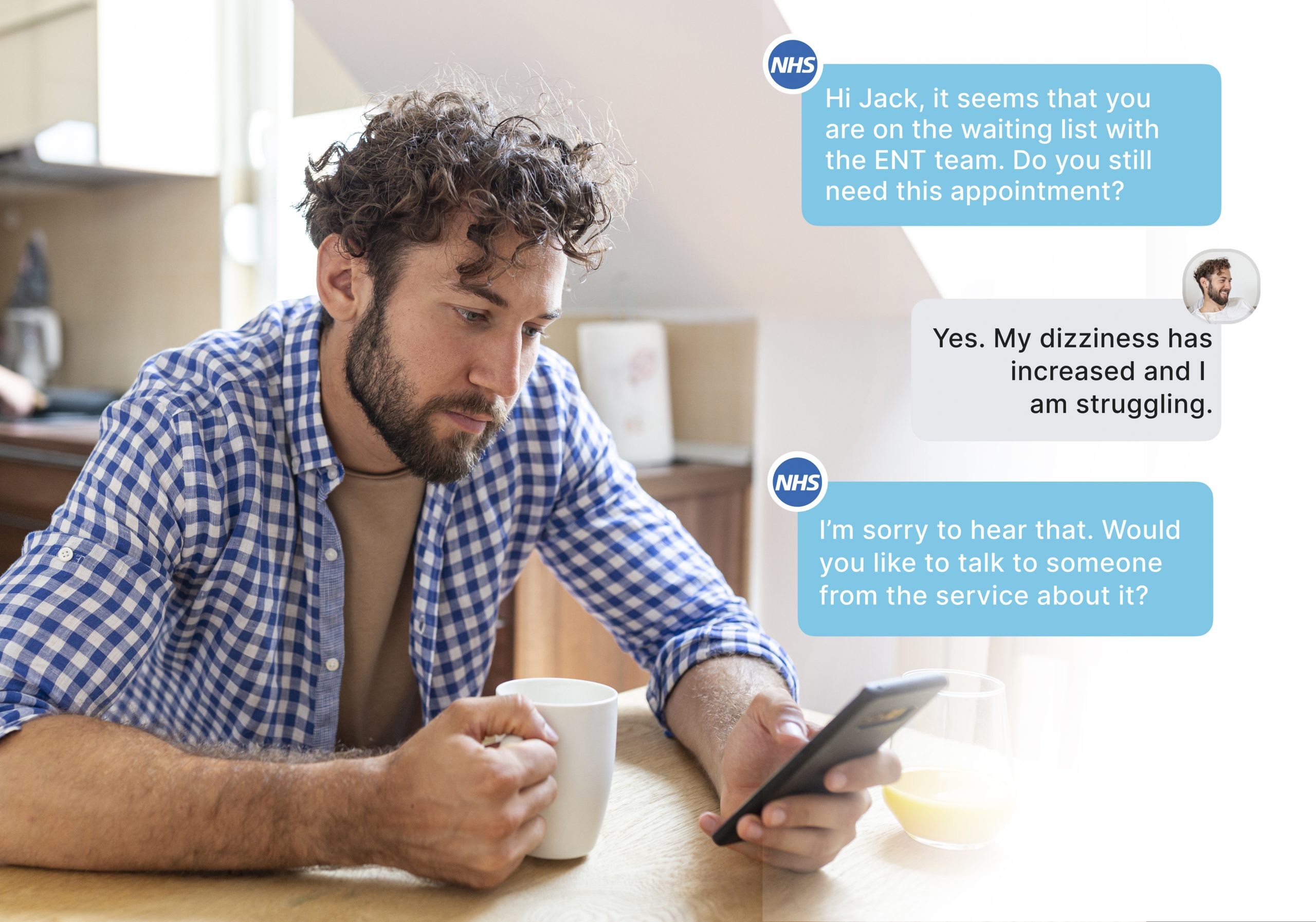
Julia Hawkins, general partner at LocalGlobe, considers why patients could miss out on this reform without change in the NHS.
Fifty years ago, few could have predicted the profound impact computing would have on our lives. From the first wave of home PCs – with their limited function and purpose, unconnected to the web – to the breakthrough of the iPhone and the era of mobile computing, our lives have changed in ways we could not foresee.
It was in making computing personal, that a technological shift became a seismic shift in society. Today, healthcare is on the verge of a similar transformation by becoming truly personal. But to fully embrace the pressure for consumerisation, the infrastructure and mindset of the NHS must change. And now is a better time than ever thanks to the upcoming 10-Year Plan which is due in Spring 2025.
At the heart of this transformation, the hospital-centric model is being replaced by a tech-driven, personalised system. Patients are being empowered to manage their health, as the consumerisation of healthcare rewrites how we think about care.
The waiting list for Neko Health – a new type of technology aimed at spotting and preventing illness – is at 27,000 and counting since it launched in the UK. People no longer want healthcare systems just to look after them when they’re sick, they want to consciously and proactively take control.
So what can healthcare learn from the PC revolution as it evolves?
The most successful pioneers – like Steve Jobs at Apple – focused on building the very best products they could to solve the problems they perceived. Innovation was championed and change came fast, an ecosystem pulled together around these leading companies to meet demand. Healthcare can learn a lot from this approach.
Applying the lessons
A growing number of founders, including second-time founders and tech alumni, want to bring their experience in scaling products in other sectors to healthcare. But healthcare is not like other sectors.
It has slow, bureaucratic processes; a huge undervalued workforce; a crumbling physical estate and constant resourcing and cost pressures. Founders, learning from the PC boom, must set out to solve real problems such as the fact that chronic conditions kill 41 million people each year; while the cost of treating chronic diseases alone is on track to hit $47 trillion by 2030.
But they should not be so focused on solving the biggest problems that they miss the impact that comes from solving everyday ones. Focusing on the simple issues that get in the way every day – such as finding out who else to contact about a patient – brings tangible value to clinicians and patients alike.
Procurement processes are sluggish and the fragmented nature of NHS Trusts means scaling a product can take years. Companies like Accurx successfully navigated early-stage startup life while grappling with legacy NHS tech. One early challenge included having to wait nearly three years for API access to records.
Despite the challenges, the communication platform spread through primary care because GPs had more freedom to choose what technology to serve their needs. This kickstarted the company’s path to becoming a national NHS supplier. However, the siloed hospital and community services sector is home to bigger organisations where frontline staff have far less power to shape the procurement decisions on tech to meet their own needs, with these organisations missing out on massive opportunities to improve productivity.
Consumer tech has long relied on product usage, feedback and recommendation loops to drive adoption, but these elements are missing in healthcare. Letting users choose tech as much as possible, and enabling them to safely share with colleagues could speed up this loop and lead to significant adoption, innovation and process.
A tomorrow service
We now have a Health Secretary and a Prime Minister who have made it clear that they will work with the private sector to innovate, and have promised to move the NHS from an analogue to a digital system. League tables, re-introduced by the new government, will expose those Trusts that do not make sufficient progress.
But we still need a fundamental shift in how healthcare views and embraces innovation, one that is closer to the vision of those early PC champions. Here are four simple measures that the Government could also bring in, which could start to embed a culture of innovation:
Hold a quarterly meeting of all NHS procurement leads, chaired by the Health Secretary: let’s invite 10 start-ups in to examine how they could help with specific policy goals
Introduce incentives for care settings to adopt innovative solutions and outcome-based funding models that actually encourage health systems to adopt innovations with demonstrable benefits.
Require every NHS procurement decision to be focused on an outcome, made in 12 weeks, with a maximum spec length to allow start-ups to plan their customer engagement and manage cash position.
Finally, let’s incentivise partnerships between startups and established health tech companies to share resources, mentorship and market access
If we don’t make it easier for founders to work with the NHS and scale solutions across the network, the best will suffocate under the bureaucracy or take their world-leading products and services elsewhere.
There is a real risk of the UK falling behind other nations both in the adoption of leading technology and consequently in patient outcomes. In a worst-case scenario, millions of patients could miss out on life-saving products. But we are also missing out on an opportunity to accelerate economic growth. If companies are supported to build innovations that can spread to the whole of the NHS, Britain can export and internationalise them to other health systems too.
Just like the PC revolution, the future of healthcare will be defined by products that are intuitive, scalable, and that people – both patients and clinicians – can’t live without.








